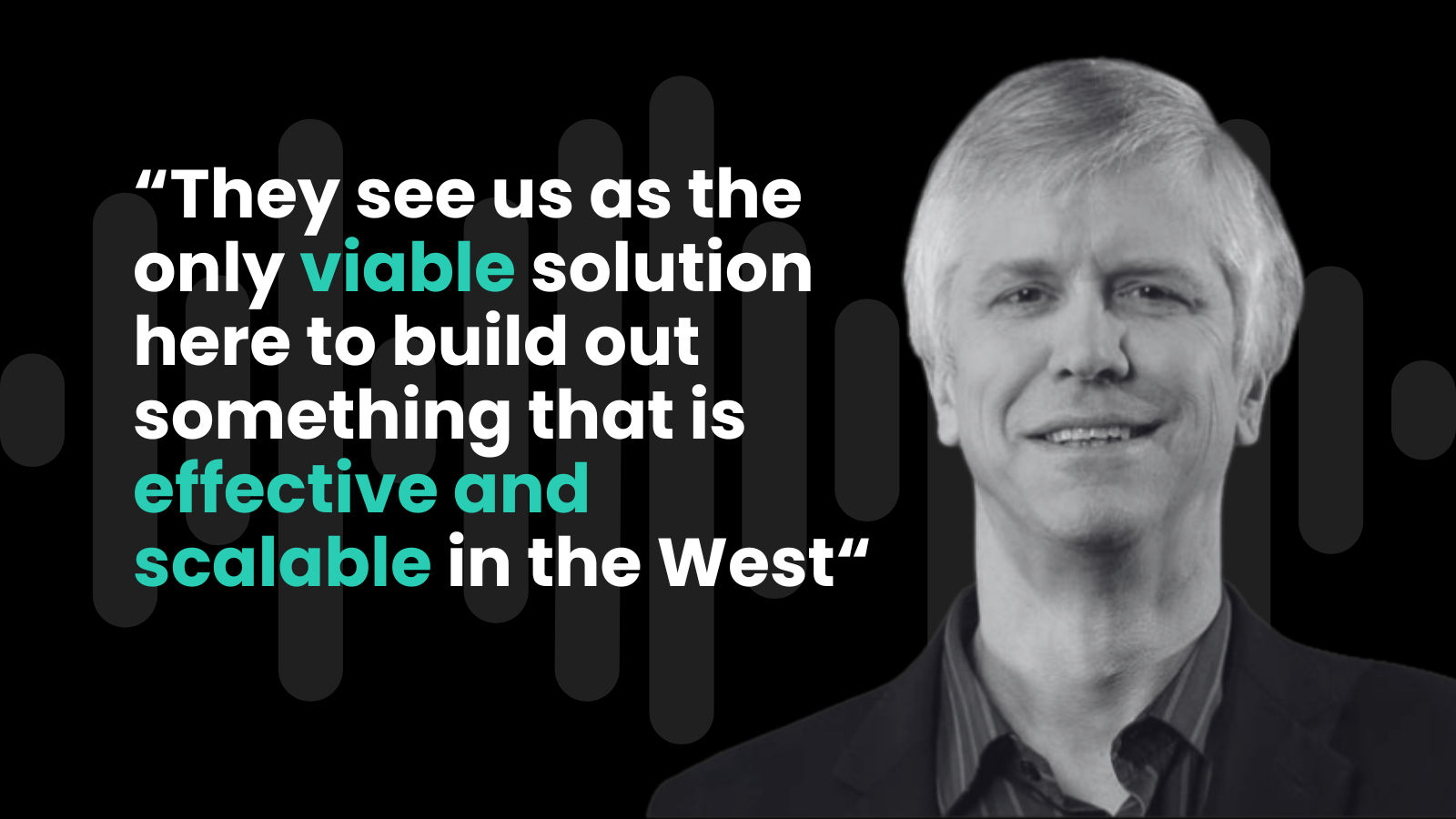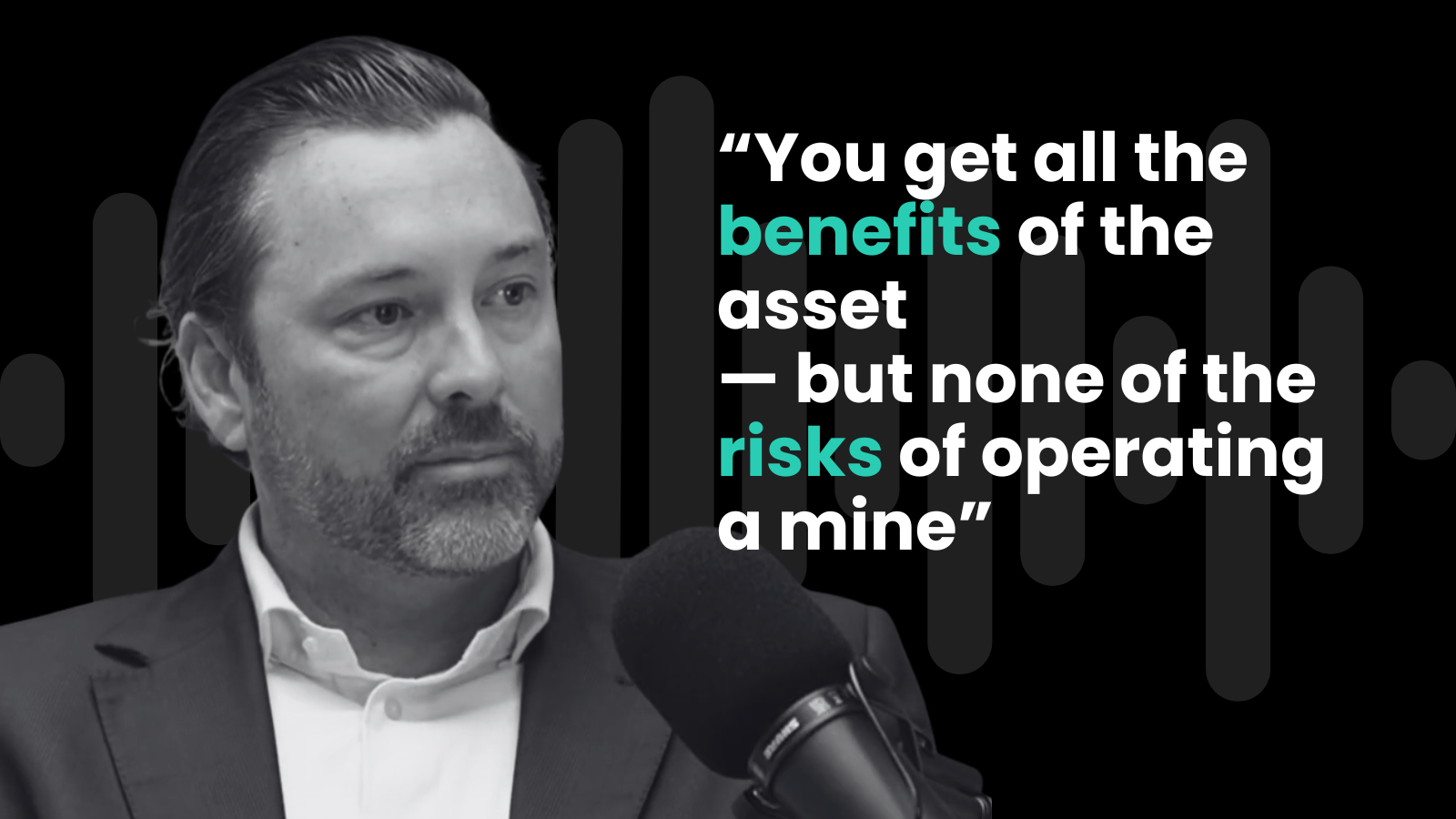By Dovile Silenskyte, Director, Digital Assets Research, WisdomTree
Having 0% crypto exposure is an active decision and means you may be missing out on one of the most significant shifts in portfolio construction in decades as digital assets are being woven into the global financial system. Institutional allocators, from pension funds to endowments, are formalising frameworks, revising mandates and reallocating capital toward this nascent but rapidly growing asset class.
Consensus is shifting fast
A recent survey of professional investors revealed a striking figure: 86% of respondents believe crypto will be a standard allocation within institutional portfolios within two to four years[1]. That is not a speculative claim. It is a recognition of reality catching up with innovation.
Figure 1: How long do you expect it will take for crypto to become a standard allocation in institutional portfolios?

Source: Pan European Professional Investor Survey, June-July 2025, 802 respondents, conducted by Censuswide. Forecasts are not an indicator of future performance and any investments are subject to risks and uncertainties.
What was once considered ‘alternative’ is rapidly becoming foundational. Pension funds, family offices and asset managers are no longer debating if digital assets will have a place in portfolios – only how and when to integrate them.
The conversation has flipped: integration is now the baseline and exclusion is the outlier.
0% exposure is no longer neutral
When an asset class reaches a broad institutional consensus, neutrality becomes impossible. Holding 0% crypto exposure in a world where most peers expect adoption is an implicit, high-conviction position – not a conservative stance.
That position becomes even bolder when you consider how the market infrastructure has evolved:
Liquidity and access are institutional grade. Exchange-traded products (ETPs), regulated custodians and transparent trading venues now provide scalable, compliant exposure mechanisms.
Correlation patterns are changing. Bitcoin increasingly trades as a macro-sensitive, scarce asset – often responding to real yields and liquidity cycles, rather than speculative retail flows.
Policy clarity is advancing. Globally coordinated efforts are turning uncertainty into guidance, reducing compliance friction and enabling broader institutional adoption.
Not preparing for this theme’s growing integration into mainstream portfolios is an active stance, and one that could mean missing out as opportunity costs rise.
- FUTURE Holdings raises CHF 28m to build Bitcoin treasury platform
- Underpriced geopolitical and cyber risks put Gold and Crypto in focus
- WisdomTree cleared for retail Crypto ETPs by FCA
From optional to expected allocation
Many institutional portfolios are built around structural themes such as inflation resilience, digital transformation and monetary diversification. Crypto now directly supports and amplifies them.
Monetary diversification. Bitcoin’s fixed supply and censorship resistance are driving its recognition as digital gold – a non-sovereign monetary asset uncorrelated to fiscal policy risk.
Technological transformation. Altcoins and their ecosystems represent exposure to the next generation of financial infrastructure – stablecoins, tokenisation, smart contracts, and programmable settlement.
Portfolio innovation. Physical crypto ETPs enable exposure that fits within existing governance, risk, and compliance frameworks – a critical precondition for fiduciary adoption.
As adoption accelerates, the marginal buyer effect matters. Even modest but consistent inflows from institutional investors can steadily lift liquidity and valuations. This creates a reinforcing loop: stronger liquidity and valuations attract more participants, which in turn deepens markets and drives further institutional engagement.
Implications for asset allocators
The key question for allocators is no longer “Should we own crypto?”. It is “What is the cost of waiting?”.
Figure 2: Bitcoin is an essential part of multi-asset portfolios
| 60/40 Global Portfolio |
1% Bitcoin Portfolio |
3% Bitcoin Portfolio |
5% Bitcoin Portfolio |
10% Bitcoin Portfolio |
MSCI AC World | Bloomberg Multiverse | Bitcoin | |
| Annualised Return | 6.35% | 7.00% | 8.30% | 9.59% | 12.77% | 9.75% | 1.00% | 53.48% |
| Volatility | 8.81% | 8.88% | 9.16% | 9.61% | 11.35% | 13.98% | 5.03% | 65.71% |
| Sharpe Ratio | 0.52 | 0.59 | 0.71 | 0.81 | 0.97 | 0.57 | -0.15 | 0.79 |
| Information Ratio | 0.98 | 0.98 | 0.98 | 0.97 | ||||
| Sortino Ratio | 0.63 | 0.72 | 0.87 | 1.01 | 1.24 | 0.68 | -0.21 | 1.07 |
| Beta | 69% | 71% | 73% | 75% | 80% | 100% | 24% | 178% |
Source: Bloomberg, WisdomTree. From 31 December 2013 to 30 September 2025. In USD. Based on daily returns. The 60/40 Global Portfolio is composed of 60% MSCI AC World and 40% Bloomberg Multiverse. You cannot invest directly in an index. Historical performance is not an indication of future performance and any investment may go down in value.
The risks of underexposure are now twofold:
Performance asymmetry. Even a modest 1–2% allocation to digital assets can have a significant impact on long-term portfolio returns and risk-return metrics. Sitting at 0% removes the option to participate in convex upside.
Reputational lag. As peer adoption increases, fiduciaries without a digital asset framework risk appearing behind the curve – not for being contrarian, but for being unprepared.
Forward-thinking allocators increasingly treat crypto as a strategic exposure, akin to an emerging asset class such as commodities in the 2000s or alternatives in the 2010s. The focus is shifting from speculation to implementation: policy drafting, custodian due diligence and ETP selection.
Bottom line
Institutional consensus has shifted. Digital assets are no longer a fringe trade. They are becoming a portfolio necessity.
If 86% of professional investors are preparing for crypto to be a standard allocation, the question is not whether you will choose to invest, it is whether you are comfortable watching the asset class evolve from the sidelines.






















Comments (0)